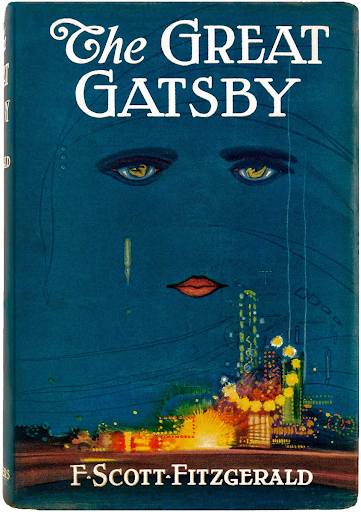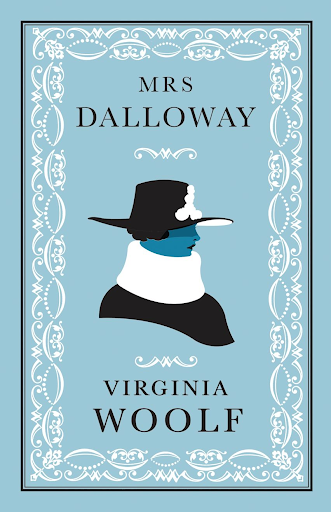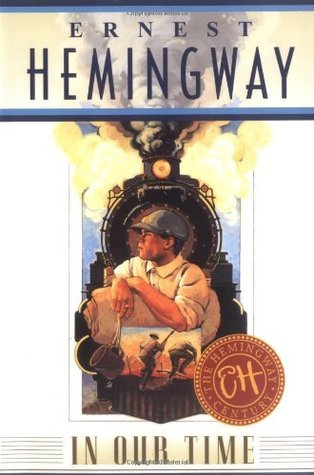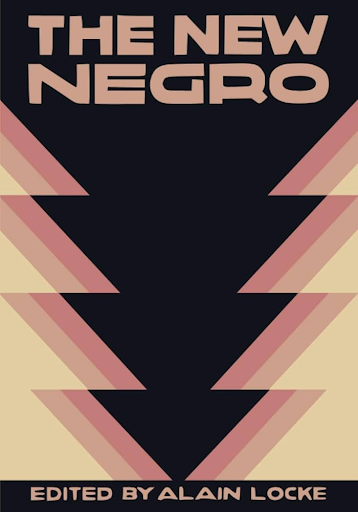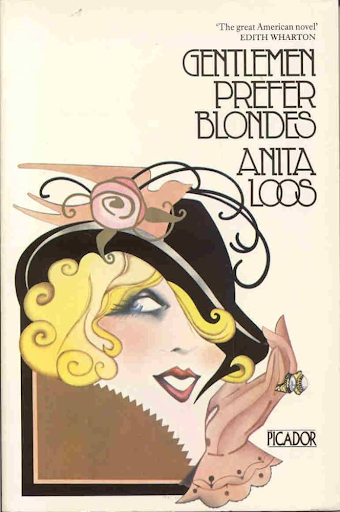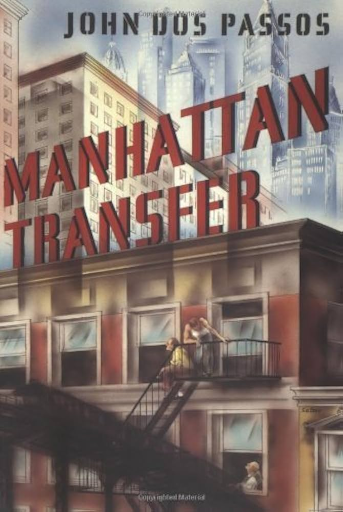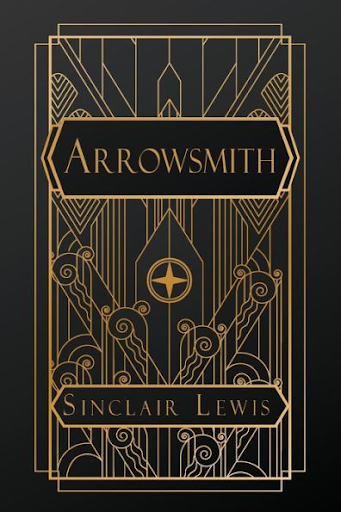The following article appeared in the Centennial Newsletter on June 16th, 2025.
A Centennial Summer Reading List
In 1925, the world was trying to come to terms with the grim aftermath of the First World War while experiencing extreme wealth and prosperity. The darker realities of life after war contrasted with the golden parties of the Jazz Age. Some Americans chose not to return home after World War I, and instead opted to live in Paris, France. Dubbed a “lost generation” by Gertrude Stein, expatriates created cafe societies that consisted of figures such as Pablo Picasso, E. E. Cummings, Ernest Hemingway, Sylvia Beach, Edith Wharton, F. Scott Fitzgerald, and T.S. Eliot, to name a few. Away from home, “lost” American authors were able to write from a new perspective and in a new style drawing on themes from life in the States, life in France, their experiences of poverty and war, and of riches and plenty. They created works of literature that the world had not yet seen. “1925 may well be literature’s greatest year” Jane Ciabattari wrote for the BBC, “These books weren’t just original, even revolutionary, creations – they were helping to establish the very idea of modernity, to make sense of the times. Perhaps 1925 is literature’s most important year simply because no other 12-month span features such a dialogue between literature and real life.”
With titles such as The Great Gatsby and Mrs. Dalloway making their debuts on bookshelves in 1925, one cannot help but wonder if Albertus faculty, staff, and students were reading these new books as they prepared to start classes at their new College. Did they realize that these titles would become American classics? As we prepare for our 100th anniversary, let’s celebrate by adding a few centennial titles to our summer “to be read” lists!
The Great Gatsby by F. Scott Fitzgerald – Published April 10, 1925
Set in the Jazz Age on Long Island, near New York City, Fitzgerald’s novel depicts narrator Nick Carraway’s interactions with Jay Gatsby, a mysterious millionaire obsessed with reuniting with his former lover, Daisy Buchanan.
Mrs. Dalloway by Virginia Woolf – Published May 14, 1925
Heralded as Virginia Woolf’s greatest novel, Mrs. Dalloway is a vivid portrait of a single day in a woman’s life. When we meet her, Mrs. Clarissa Dalloway is preoccupied with the last-minute details of party preparation while in her mind she is something much more than a perfect society hostess. As she readies her house, she is flooded with remembrances of faraway times. And, met with the realities of the present, Clarissa reexamines the choices that brought her there, hesitantly looking ahead to the unfamiliar work of growing old.
In Our Time by Ernest Hemingway – Published 1925
Ernest Hemingway’s first collection of short stories, published in 1925 by Boni & Liveright, New York, and of a collection of vignettes published in 1924 in France, earned Hemingway praise as a “promising American writer”.
The New Negro: An Interpretation edited by Alain Locke – Published 1925
The New Negro: An Interpretation is an anthology of fiction, poetry, and essays on African and African-American art and literature. It includes works by Zora Neale Hurston, Langston Hughes, Rudolph Fisher, Alain Locke, and more.
Gentlemen Prefer Blondes by Anita Loos – Published November 1925
Gentlemen Prefer Blondes is a comedic novel that unfolds through the diary entries of the main character, Lorelei Lee, who is a charming and witty blonde navigating life, love, and society in the 1920s.
Manhattan Transfer by John Dos Passos – Published 1925
Dos Passos’ novel focuses on the development of urban life in New York City from the Gilded Age to the Jazz Age as told through a series of overlapping individual stories. It is considered to be one of Dos Passos’ most important works.
Arrowsmith by Sinclair Lewis – Published 1925
The story follows Martin Arrowsmith, a young man with a passion for science and medicine, as he navigates the challenges of becoming a physician in a world that often prioritizes commercial success over genuine healing.
Looking for more summer reading recommendations? Just ask the Rosary Hall Library! Email us at library@albertus.edu for more!
Contributed by:
Catie White, MLIS
Community Services Librarian and College Archivist

